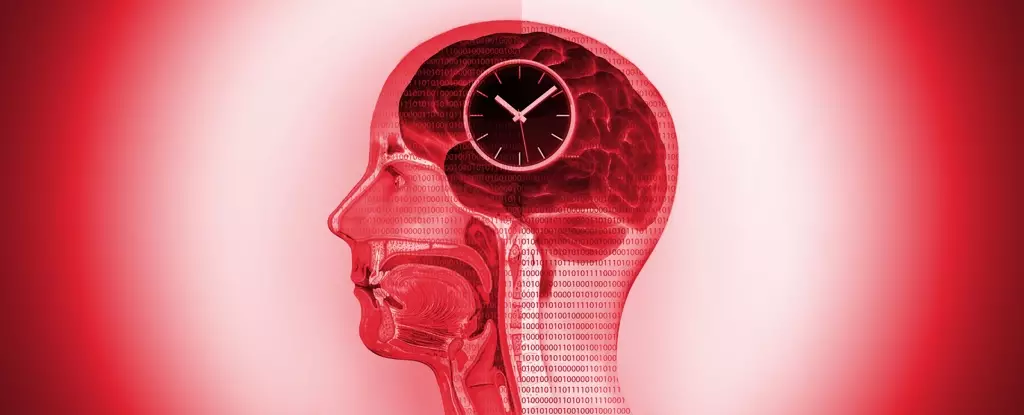The research conducted by scientists in China on the effects of intermittent calorie restriction (IER) on obese individuals has revealed significant changes in both the gut and the brain. The study followed 25 obese volunteers over a period of 62 days, during which they participated in an IER program that involved carefully controlling calorie intake and incorporating fasting on certain days. The results showed that the participants not only lost an average of 7.6 kilograms (16.8 pounds) or 7.8 percent of their body weight but also experienced shifts in the activity of obesity-related regions in the brain and changes in gut bacteria composition.
The findings suggest that IER diets can alter the human brain-gut-microbiome axis, indicating a potential avenue for managing weight and obesity. The observed changes in gut microbiome and brain activity, particularly in regions associated with appetite regulation and addiction, highlight the intricate connection between our dietary habits, gut health, and brain function. This discovery opens up new possibilities for developing strategies to control food intake and ultimately maintain a healthy weight.
While the exact mechanisms behind these changes are not yet fully understood, the close relationship between the gut and the brain is a key factor in influencing our eating behaviors. The alterations in brain activity detected through functional magnetic resonance imaging (fMRI) scans point to specific brain regions responsible for appetite control and decision-making in relation to food consumption. Additionally, the changes in gut microbiome composition, as identified through stool samples and blood measurements, suggest a bidirectional communication system between the gut and the brain.
With over a billion people worldwide currently classified as obese, understanding how our brains and guts interact with each other can have profound implications for combating obesity-related health risks. By delving into the complexities of the brain-gut connection, researchers hope to uncover strategies for preventing and managing obesity more effectively. The potential to target specific brain regions involved in food intake regulation and to manipulate gut microbiome composition represents a promising approach towards addressing the global obesity epidemic.
As the study raises questions about the intricate communication between the gut microbiome and the brain in obese individuals, future research efforts will focus on unraveling the precise mechanisms underlying this interaction. By investigating how the gut influences brain functions and vice versa, researchers aim to develop targeted interventions for promoting weight loss and overall health. Biomedical scientists emphasize the importance of further exploring the dynamic relationship between gut bacteria, brain activity, and dietary habits in order to devise more effective strategies for combating obesity.
The study on intermittent calorie restriction, gut bacteria, and brain activity sheds light on the complex interplay between our dietary choices, gut health, and brain function in the context of obesity. By uncovering the ways in which these components are interconnected, scientists are paving the way for innovative approaches to weight management and obesity prevention. As research advances, a deeper understanding of the brain-gut connection holds the potential to revolutionize how we address the global obesity crisis and improve public health outcomes.


Leave a Reply